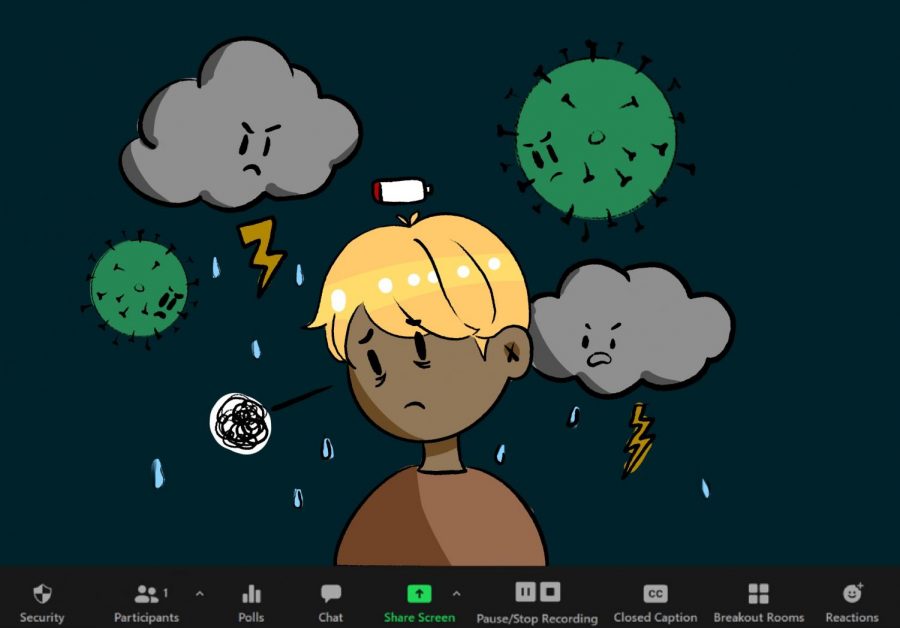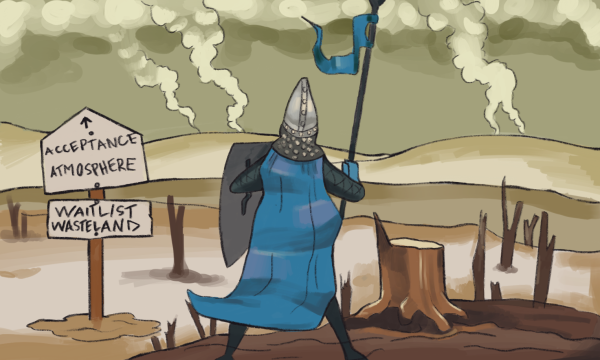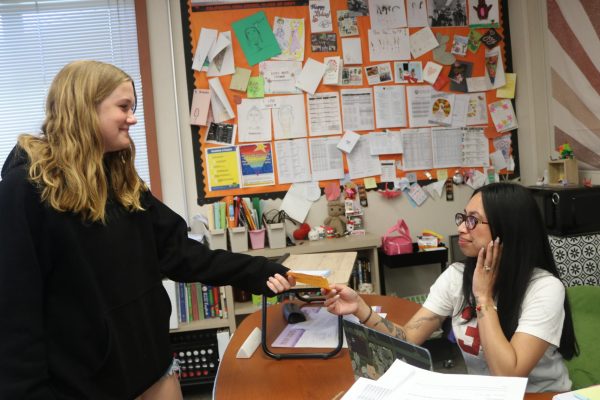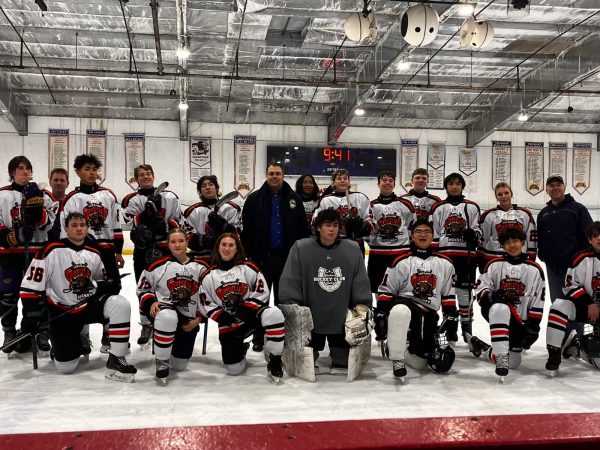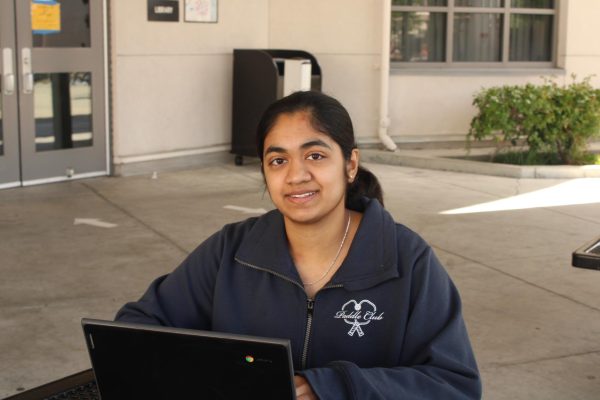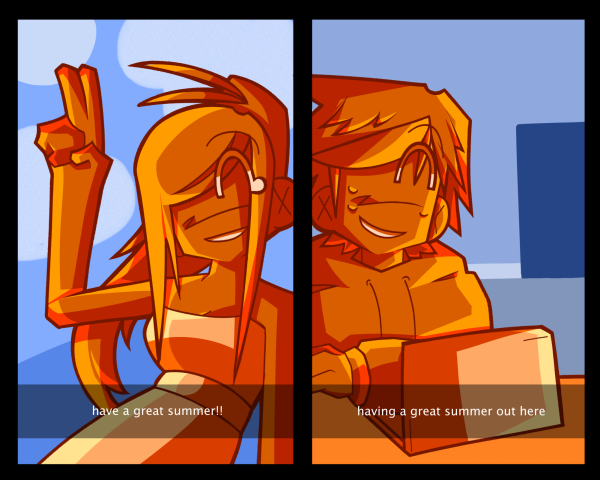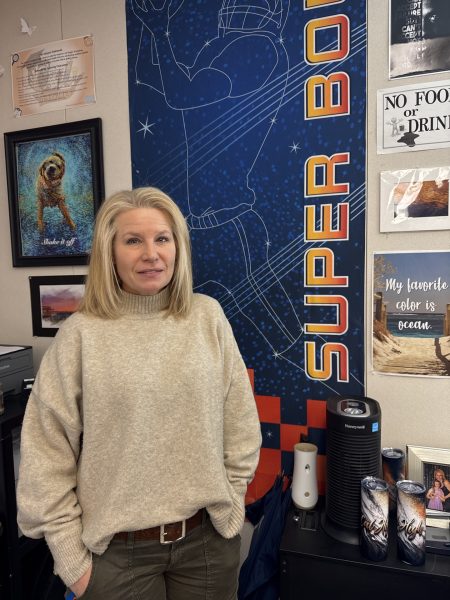Cal High’s first quarantined-inspired mental health advocacy club hopes to help students during global pandemic
InTouch organizers will host a Q&A with a music therapist on Friday, as well as other workshops and seminars throughout the course of the year
Illustration by Michelle Nguyen
Since school campuses closed in mid-March, many students have struggled to maintain their mental health during the coronavirus pandemic.
Of the 39.51 million people that call The Golden State home, more than 1 million people have been affected by the highly contagious coronavirus, which has made California the state with the second highest number of COVID-19 behind only Texas.
The sheer number of infected people sent all of California into lockdown on March 17, and during this nearly eight-month period in which much of the state has remained closed, isolation has had negative effects on the mental health of most everyone.
But one of the hardest hit ages of the mental health crisis is young people under 18 – teenagers and children.
Cal High students and teenagers everywhere face a lot more stress and have more on their plates today compared to their older counterparts. And with quarantine a looming presence in day-to-day life, the effects of staying quarantined run wild.
Joanna Condon, who teaches principles of biomedical sciences and biology, is the adviser for the school’s first quarantine inspired mental health advocacy club, InTouch. In her 30 years of teaching, Condon has had many experiences with mental health involving her students, and this year is particularly interesting.
Of her 150 students, she said five aren’t able to do their work because of mental health problems. She suspects there are more students facing similar issues that she doesn’t know about.
“The tolls are evident,” Condon said. “Teenagers today have more problems sleeping, more problems with self esteem, and these problems were there before quarantine. But now, students are left home alone, and the fears of distance and separation are wreaking emotional havoc on teenagers.”
To Condon, the last 10 years have been bad, and if nothing changes, the mental health situation of teenagers today will continue to worsen.
Enter InTouch, a new mental health advocacy club on campus that is the first club of its kind. The brain child of seniors Aavani Raj and Ananya Permanand, and sophomore Tarini Raj among many other driven individuals, it was started as a way for teenagers to cope with the stresses of quarantine.
Aavani Raj founded the idea for the club in mid-March when schools closed and the state went into shelter in place, and viewed it as a way to expand her interests and learn more about the effects of quarantine on the teenage mind. Her journey started her freshman year of high school when she said her mental health took a nosedive and continued plummeting well into sophomore year. As it continued to get worse, she realized that she had to reach out to someone.
“It was a leap of faith for me,” Aavani Raj said. “I told my parents and they were supporting [me]. Then I told my friends.¨
This epiphany helped her realize that people aren’t alone and that was enough motivation to get the club started and start providing resources for students. So far, the club has hosted a podcast and has set up a Q&A with a music therapist on Friday during lunch.
Permanand, the club’s communications officer, had a similar epiphany but hers was a little less dramatic. She said she has struggled with mental health as well, so she knew that this was part of the stresses that a modern day teenager faces. To combat this, she told her friends and eventually her family, who all were accepting.
With this newfound faith, she joined InTouch so that she could help others deal with emotions similar to what she was experiencing.
¨I wanted to help more people so that they could start talking about mental health,” Permanand said.
So far to her, it has been a success. The club has caught the attention of many students as the turnout at meetings has been relatively high.
“It’s really nice to talk about it,” Permand said. “We did a podcast and it’s really nice that people are listening to us and that they don’t think it’s teenage angst. The turnout was high. Way more people showed up than what we expected.”
Tarini Raj, who is not related to Aavani, handles public relations and marketing for the club while also seeking corporate support for more resources, such as advertising and collaborations. She joined InTouch because she has had an interest in mental health and has wanted to break the stigma surrounding it.
“With physical health you can see it [ the effects ] but with mental health, you can’t see it [ the effects ], so people don’t talk about it,” Tarini Raj said. “I want to change that. I want to provide help for the people who need it, and this club allows me along with many volunteers to do exactly that.¨
InTouch organizers hope to provide more resources throughout the year. The club also has plans for more mental health workshops, seminars hosted by health professionals, and counsellor meet-and-greets.
”It’s nice to know that the thing we are doing could possibly help someone out,” Aavani Raj said.
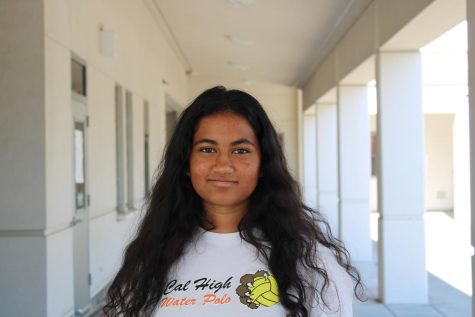
Senior Nimisa Panda is one of the Features Editors for The Californian. She started writing for the paper her sophomore year and stayed on the staff because...
